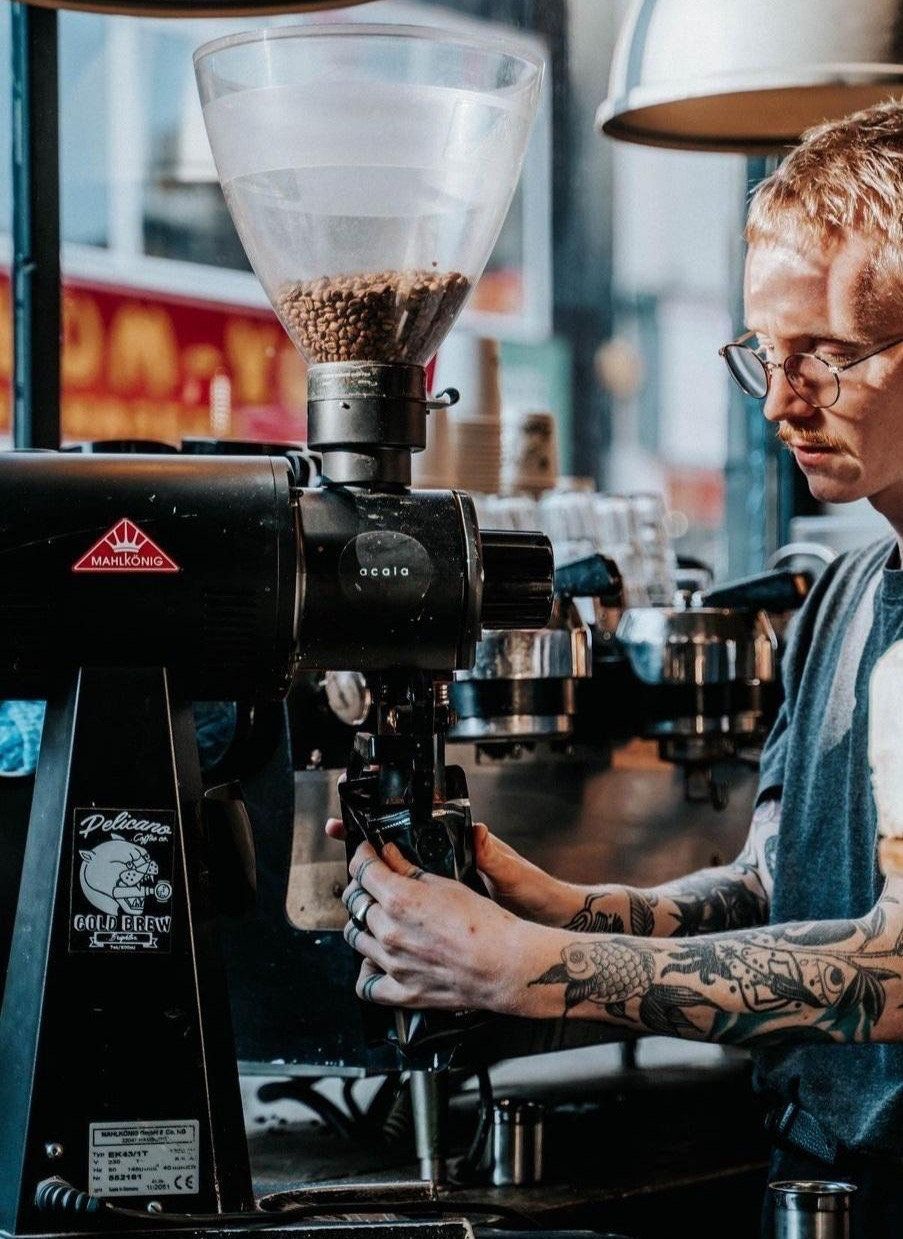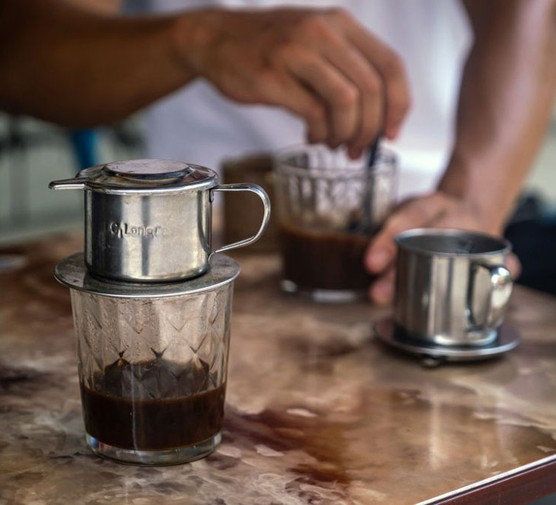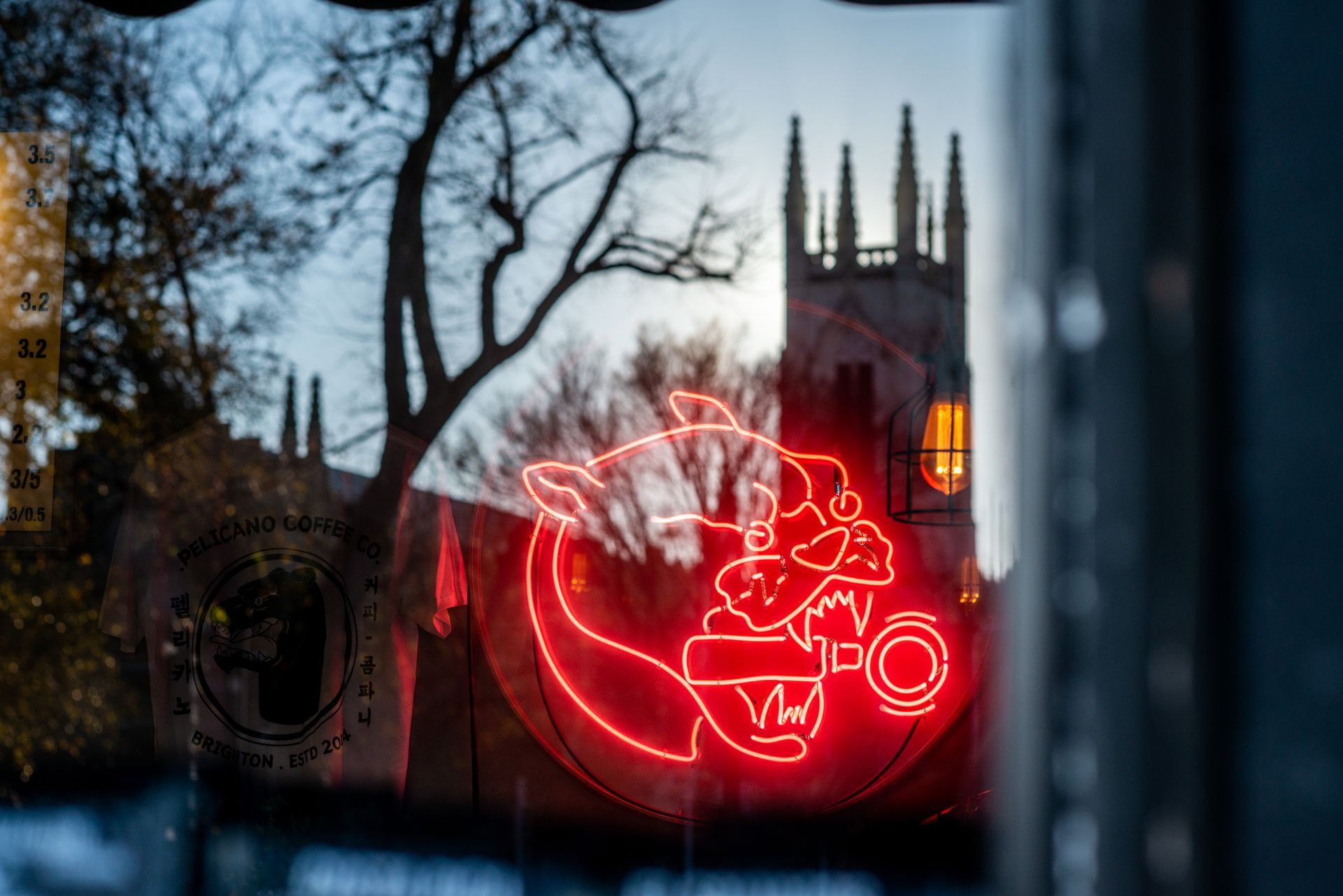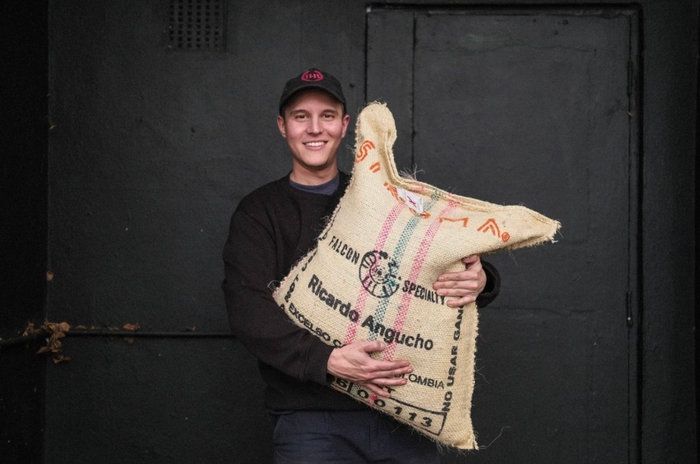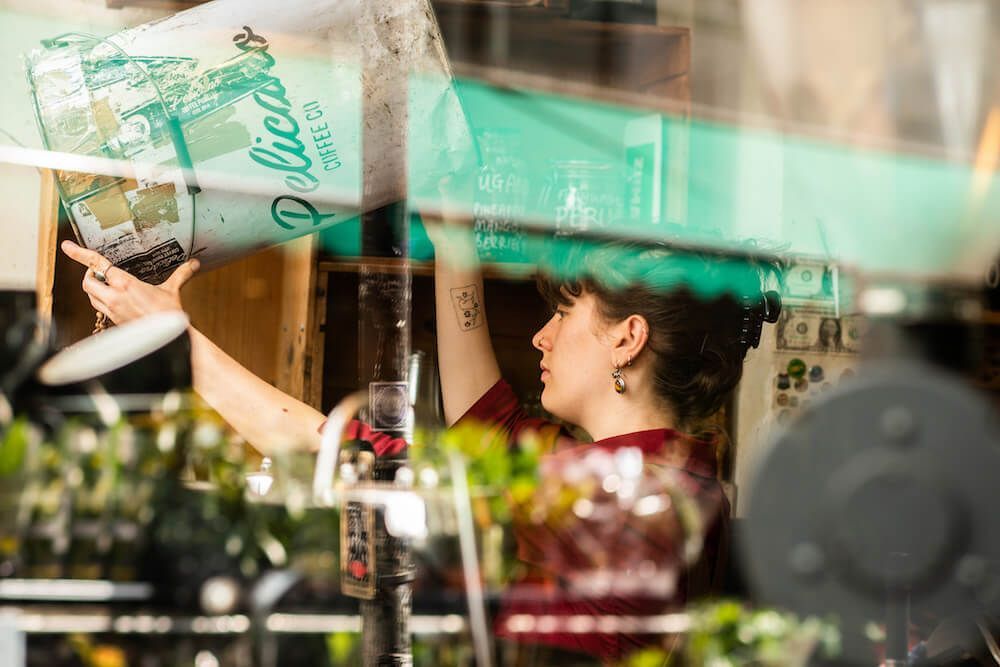Downtown bakery
- Mon - Fri
- -
- Sat - Sun
- -
555-555-55-55
Uptown bakery
- Mon - Fri
- -
- Sat - Sun
- -
555-555-55-55
The Newsletter September 2023
Trust the process:
What is a coffee process? Simply put, after the picking and sorting of the coffee cherries from the plants, the process relates to how the workers decide to remove or leave the fruit from around the beans. There are many ways to do this, each process can enhance already present flavours, rediscover hidden notes & even add completely different tastes. There are 3 main dominant processes: Washed (wet process), Natural (dry process) & Honey (semi-washed/pulped natural Process)
Washed (wet process) : After the cherries are picked, the skin and the pulp are removed mechanically. The beans are then placed into a water tank where quick fermentation removes any remaining fruit. After the fermentation is finished, green beans are extracted and washed with water for a final time before leaving to dry on raised beds or patios. The beans are turned regularly to ensure an even dry, this can also be done mechanically in regions that don't get enough sunshine.
The washed process often leads to bright and complex acidic flavours. It's popular due to the clarity of flavour and clean mouthfeel. The washed process is also popular among farmers and producers alike due to the fact that it reduces the risk of defects. Although it does require more water than other processes making it a more expensive option for them.
Natural (dry process) : The natural process is the the O.G way of processing coffee. The coffee cherries are picked and then laid out to dry in the sun with the fruit remaining intact. The drying stations can differ depending on the farm or region, using patios or raised beds. Similarly to the washed process the cherries are turned regularly to decrease chances of defects and for a more uniform dry. Once the cherries are dry, the skin and pulp are removed mechanically and the beans are rested before exporting.
Natural processed coffees can be a bit like marmite, people either love the flavours produced or hate them. Known for their intense cup profiles with punchy, wine-like, full bodied mouthfeels. Natural processes are also useful for showcasing how some coffees can taste far from "ordinary".
Honey (semi-washed/pulped natural process):
The honey process, funnily, actually has nothing to do with honey. The reason it has the name is because of how sticky or "honey-like" the beans get during the process. Firstly, the cherries are put through a mechanically operated depulper machine, unlike the other processes, these machines are set to leave a certain amount of flesh on the bean. The beans then go straight to the raised bed or patios to dry. The flesh remaining on the bean protects them from over fermentation. The remaining sugars in the flesh give the bean a curious sweetness.
Honey processed coffees are graded via colour; black, red, yellow and white. The colour tells you how much flesh is left on the bean during the process, black being the most and white being the least. Being a semi washed, the honey process, when done correctly, takes a lot of the characteristics from both natural and washed. Bold, sweet and bright cup notes means that honey process coffees are definitely something to try out.
Many other processes have emerged out of experimentation, although not as commonly used, these processes can be equally as impactful on a coffee's profile.
Anaerobic Fermentation: The beans are placed in sealed tanks that ferment without any oxygen. This causes the beans to have distinctly exotic flavours.
Carbonic Maceration: often applied in wine making - carbonic maceration is similar to anaerobic fermentation, however, this process involves flushing the tanks with carbon dioxide. Common tasting notes include herbal and floral flavours, as well as more tropical fruit or boozy notes.
Thermal Shock: using water to initiate a shock in temperature change for a short period of time (either high to low, or low to high) in containers, the beans are then placed in temperature controlled tanks that are completely sealed off. This builds up malic and lactic acids lending to very complex and fruity flavours in the coffee.
Written by Adnan
A Barista & a front woman for Lime Garden: a tale of two lives

Crowds of thousands, flat whites, albums, pastries, rest for 5 minutes, repeat. When you're looking to make it big in the music industry it's important to have a reliable income, grounding day-to-day life and supportive colleagues, friends and families around you. At least that's what Chloe tells us.
We had a chat with one of our favourite colleagues, Chloe, a couple of weeks ago to discuss how she manages to balance being a barista with being the front woman for a band on the brink of the kind of success that allows you to commit full time to a musical project; Lime Garden.
Chloe and her band-mates started their pop-rock project in 2017 and have seen a steady and secure rise in popularity since then, recording singles such as Clockwork, Pulp, Sick & Tired and most recently Love Song, all leading up to their debut album One More Thing which is due to be released February 16th 2024.
The hardest part of Chloe's double life is keeping her head screwed on. Recognising the extreme adrenaline highs of playing a show to large crowds of adoring fans and conversely the subtle, slow pace of home life, spiced up with the demands of a job in the hospitality sector
Exhaustion has been a real challenge for Chloe. With a violent combination of travel, gigs, recording, working weekends at one of the busiest coffee shops in Brighton and still trying to find time for friends & family. Having to sacrifice missing big events such as birthdays, weddings and more, it takes real stamina and drive to keep on pursuing the dream. You can feel that eagerness to succeed when Chloe talks about Lime Garden, it's easy to perceive her as a personification of confidence and motivation.
Chloe has found it difficult to maintain a regular job alongside her music projects due to the irregularity of shift availability during touring, creating an issue for her employer. She was clear about her availability with us when I hired her as a part time barista at the Sydney St store a year and some ago, and it has been a pleasure to work with her week-to-week since then.
As for the future, the pop-star has managed to learn countless valuable skills in the last few years through touring and working endlessly - the world is her garden.
Also, Hayley Williams labelled Lime Garden as her favourite band last year on BBC Radio 1 and that was pretty mad. Just plugging that in there.
Wholesale Partners: Whistle Coffee
James has been sling-shotting hot treats in all weathers in his coffee-mobile since opening near the end of 2019. The following dreaded 2020 epidemic motivated James to pursue a noble effort to provide speciality coffee and grub to NHS workers outside of Brighton General Hospital (and a few other hospitals). He even had his own hashtag on Twitter #whistleforthenhs which prompted a gofundme adventure, leading to donations of food and miscellaneous goods to the hospitals he visited in his van.
James still brews near the racecourse at Brighton General, serving up The Grindstone seasonal blend.
Location: Brighton General Hospital, Sussex Rehabilitation Centre Elm Grove BN2 3EX


